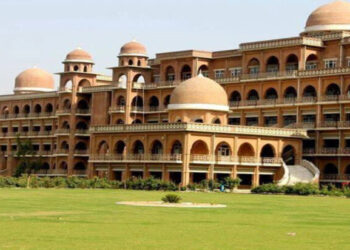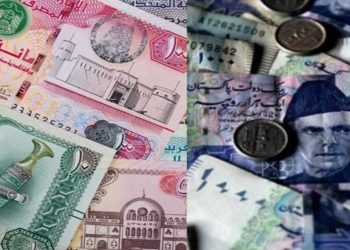KUALA LUMPUR: Saudi Aramco believes market fundamentals remain “sound” for the second half as demand from emerging markets led by China and India will offset recession risk in developed markets, CEO Amin Nasser told an industry gathering on Monday.
But other executives at the Energy Asia conference in Kuala Lumpur were divided, with Malaysia state oil firm Petronas reporting a slowdown in demand for petroleum and petrochemicals in the second quarter and growing refinery capacity putting pressure on the market.
“Overall, we believe that oil market fundamentals remain generally sound for the rest of the year,” said Nasser, who heads the world’s largest oil company.
“Despite the recession risks in several OECD countries, the economies of developing countries – especially China and India – are driving healthy oil demand growth of more than 2 million barrels per day this year,” he told the conference.
Although China faces economic headwinds, the transport and petrochemical sectors are still showing signs of demand growth, he added.
Brent crude futures are down about 14% since the start of the year as rising interest rates hit investor appetite, while China’s promising economic recovery has faltered after several months of softer-than-expected consumption, production and property market data.
Crude oil supplies from Russia and Iran have also held up despite Western sanctions, offsetting production cuts by Saudi Arabia and other members of the Organization of the Petroleum Exporting Countries (OPEC).
While a failed mutiny by mercenaries in Russia over the weekend has raised concerns about political instability and pushed up oil prices, none of the industry executives and officials speaking on the first day of the conference mentioned it during their onstage remarks.
“There’s not much geopolitical impact on the market now. It is dominated by economics, not geopolitics,” Daniel Yergin, vice chairman of S&P Global, said on the sidelines of the event.




































